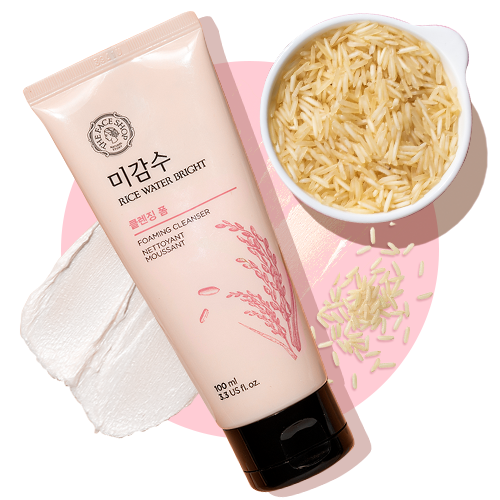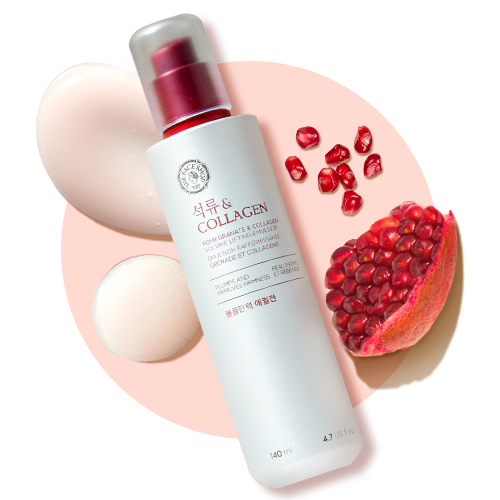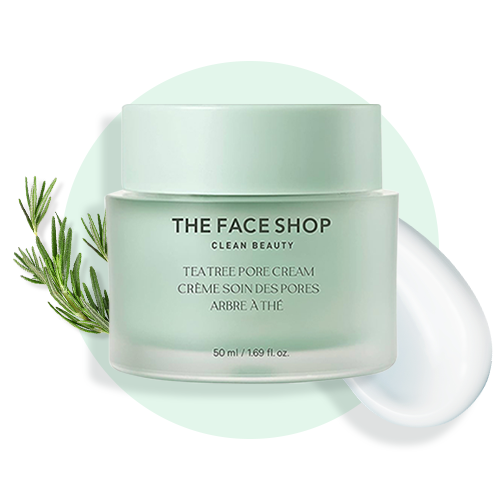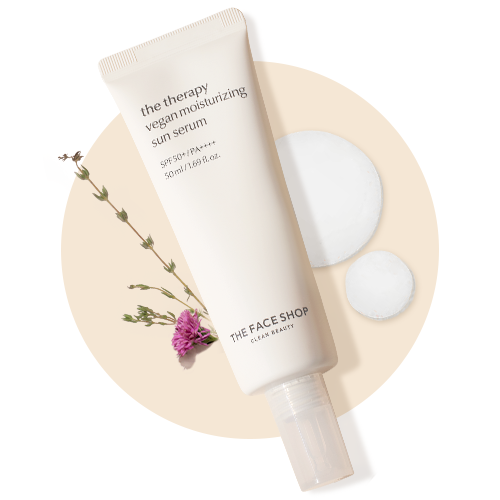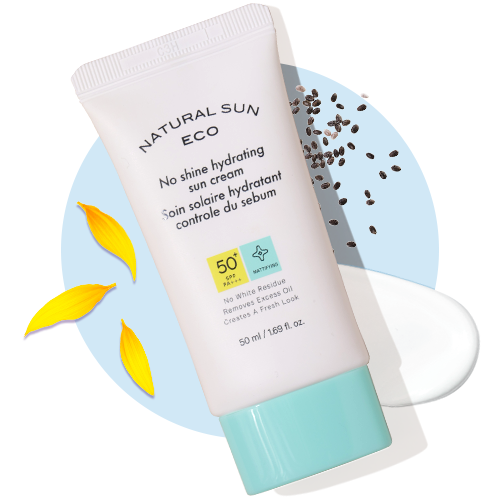The Okayama University Discovery That Changed Everything
Published in Nature Communications, this landmark study challenged the fundamental assumption that fibroblasts—specialized cells in the dermis—are responsible for collagen production. Instead, researchers discovered that keratinocytes, the surface cells we've always associated with barrier protection, are actually the primary collagen manufacturers in our skin.
Using advanced fluorescence microscopy on axolotl skin (those remarkable salamanders that can regrow entire limbs), scientists tracked collagen development at different growth stages. What they found was revolutionary: collagen was already present before fibroblasts even arrived on the scene. The keratinocytes were producing structured, grid-like collagen arrangements that fibroblasts later modified and reinforced.
Why Axolotls Hold the Secret to Eternal Youth
The choice of axolotls wasn't random—these "glass-skinned" amphibians possess what researchers call "eternal youth." Unlike humans, axolotls maintain collagen production in their keratinocytes throughout their entire lifetime, which explains their incredible regenerative abilities and perpetually youthful appearance.
As Professor Akira Satoh from Okayama University explains: "Axolotls can maintain good skin texture and appearance for a long time... This might be because they continue producing collagen in keratinocytes for a long time. We humans cannot maintain collagen production in keratinocytes after birth."
This discovery was confirmed across multiple species—zebrafish, chick embryos, and mammalian embryos—proving this is an evolutionarily conserved mechanism, not just an axolotl quirk.
What This Means for Your Current Skincare Routine
For decades, skincare products have focused on stimulating fibroblast activity to boost collagen production. But if keratinocytes are the real collagen factories, we need to completely rethink our approach.
Instead of targeting the deeper dermis, we should focus on supporting the health and function of our surface keratinocytes. This means prioritizing:
- Barrier strengthening ingredients that keep keratinocytes healthy
- Hydration-focused formulas that support cellular function
- Gentle, nourishing treatments that don't compromise the epidermis
Products like [The Face Shop's Alltimate Niacinamide 10% Serum](https://thefaceshop.in/products/alltimate-niacinamide-10-serum) become incredibly relevant here—niacinamide is known for strengthening the skin barrier and improving keratinocyte function, which could now be directly linked to enhanced collagen production.
The New Science of Anti-Aging: Supporting Your Collagen Factories
This paradigm shift completely changes how we should approach anti-aging. Traditional treatments often involve aggressive exfoliation or deep-penetrating actives designed to reach fibroblasts. But if keratinocytes are our collagen producers, gentle, supportive care becomes paramount.
The [Rice & Ceramide Moisturizing Combo](https://thefaceshop.in/products/2-step-rice-ceramide-moisturizing-combo) exemplifies this new approach perfectly. Rice extracts provide gentle nourishment while ceramides strengthen the barrier function—both crucial for maintaining healthy, collagen-producing keratinocytes.
Hydration also takes on new importance. Well-hydrated keratinocytes function optimally, and products like [The Face Shop's Alltimate Hyaluronic Squalane Cream](https://thefaceshop.in/products/alltimate-hyaluronic-squalane-1-cream) provide the intensive moisture these cells need to maintain their collagen-producing capabilities.
Practical Changes You Can Make Today
Based on this revolutionary research, here's how to optimize your routine for keratinocyte health:
- Prioritize gentle cleansing that doesn't strip the barrier
- Layer hydrating products to support cellular function
- Use barrier-strengthening ingredients like niacinamide and ceramides
- Avoid over-exfoliation that could damage collagen-producing keratinocytes
- Focus on consistent, gentle care rather than aggressive treatments
The Future of Skincare Science
This discovery opens up entirely new avenues for skincare innovation. Instead of trying to stimulate fibroblasts deep in the dermis, future products might focus on:
- Ingredients that specifically support keratinocyte metabolism
- Formulations that enhance the natural collagen-producing capacity of surface cells
- Treatments that help maintain keratinocyte function as we age
Conclusion: Embrace the Keratinocyte Revolution
The revelation that keratinocytes are our skin's true collagen factories represents the biggest shift in skincare science in decades. By focusing on supporting these surface cells through gentle, nourishing care, we might finally unlock the secret to maintaining youthful, resilient skin. The future of anti-aging isn't about aggressive intervention—it's about working with our skin's natural collagen-producing mechanisms.
